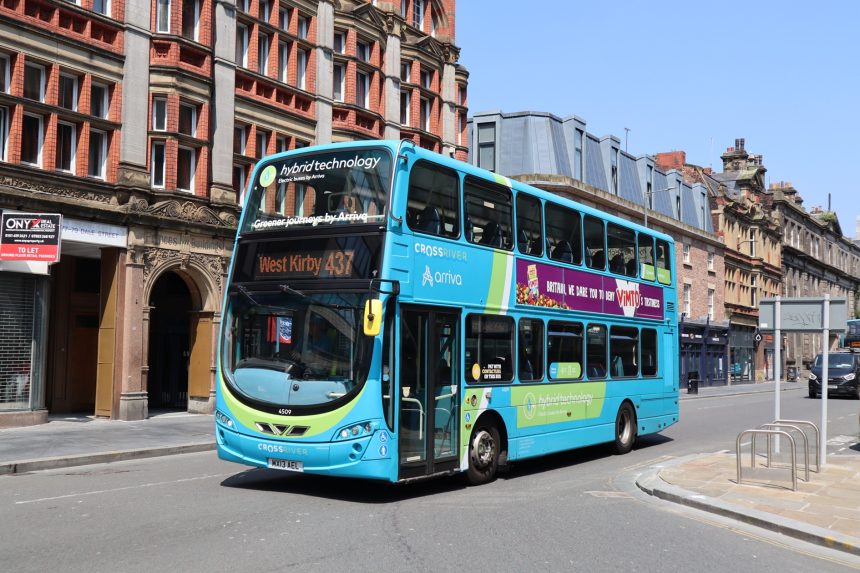That bus franchising will expand in England, Scotland and Wales is in little doubt. In England, Secretary of State for Transport Louise Haigh has declared herself “passenger-in-chief” to take on the deregulated market. She makes it clear: Change is coming.
Some parties are evidently buoyed by this narrative. The Department for Transport has become remarkably partisan under its new chief, describing the deregulated model as broken. Another has adopted LinkedIn as a platform to gloat over the change of direction in all three nations.
The bus industry in England has seen this coming ever since the certainty of a Labour government dawned. The general agenda in Scotland and Wales is not far removed. But while simplification of the franchising process in England is promised by Labour, what that means will be unclear until the Better Buses Bill is introduced.
The North East Combined Authority still believes that four years from commencement of a franchising assessment process to the first regulated buses being on the road is a best-case scenario.
It may still take longer than that, although by the same token, Steve Rotheram recently lopped an arbitrary year off the franchising rollout timetable in the Liverpool City Region, seemingly to the surprise of officials there.
Regardless, there will be a transitionary period measured in years that begins with a decision to embark on a franchising assessment and ends with the rollout of regulated services.
Partnerships in many areas are delivering good things when seen against the background of an industry often still coming to terms with the post-pandemic world. There is a danger of that being damaged if local authority bodies – buoyed by messaging from central or devolved government – embark on a sudden change of tack and throw their weight behind franchising.
Glasgow is a case in point. A source close to the Glasgow Bus Partnership (GBP) says that the alliance was delivering despite being hamstrung by the Scottish Government’s decision to ‘pause’ the national Bus Partnership Fund and its associated spend on priority measures.
That progress was until Strathclyde Partnership for Transport (SPT) recommended a start to franchising. Its message was received with great hostility by one operator member of GBP. The independent Chair of the Partnership’s steering group resigned over SPT’s actions.
Suitably resourced bus franchising may well be the best way of building services and patronage in some regions. But wherever it is rolled out, a nuanced delivery will be imperative if existing good work is not to be cast to the wind.
Table thumping, provocative language and gleeful recourse to a ‘now-who-is-laughing’ mantra have no part of the reform that is inevitably coming to buses in England, Scotland and Wales. Some of those involved – Louise Haigh included – would do well to remember that.






























